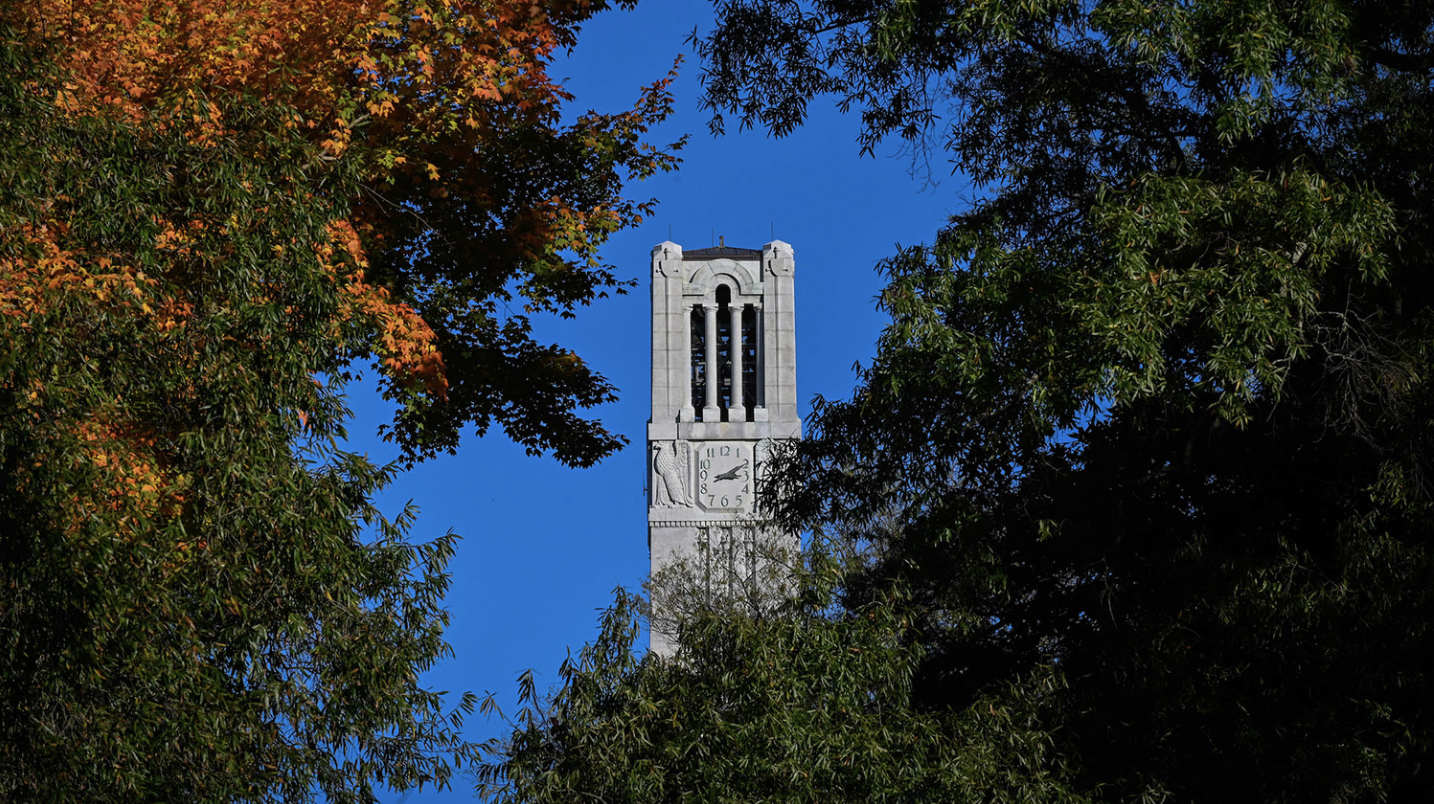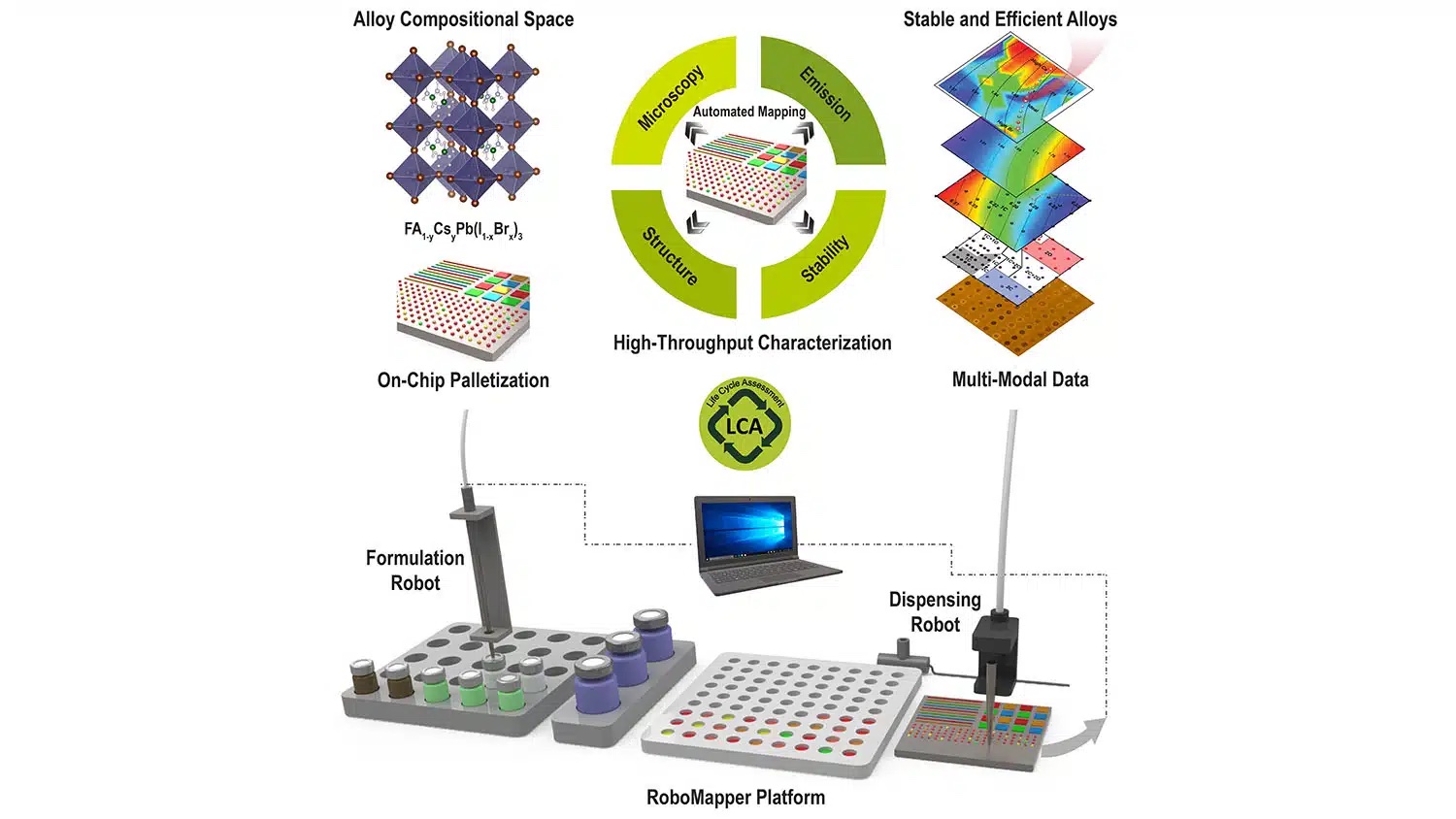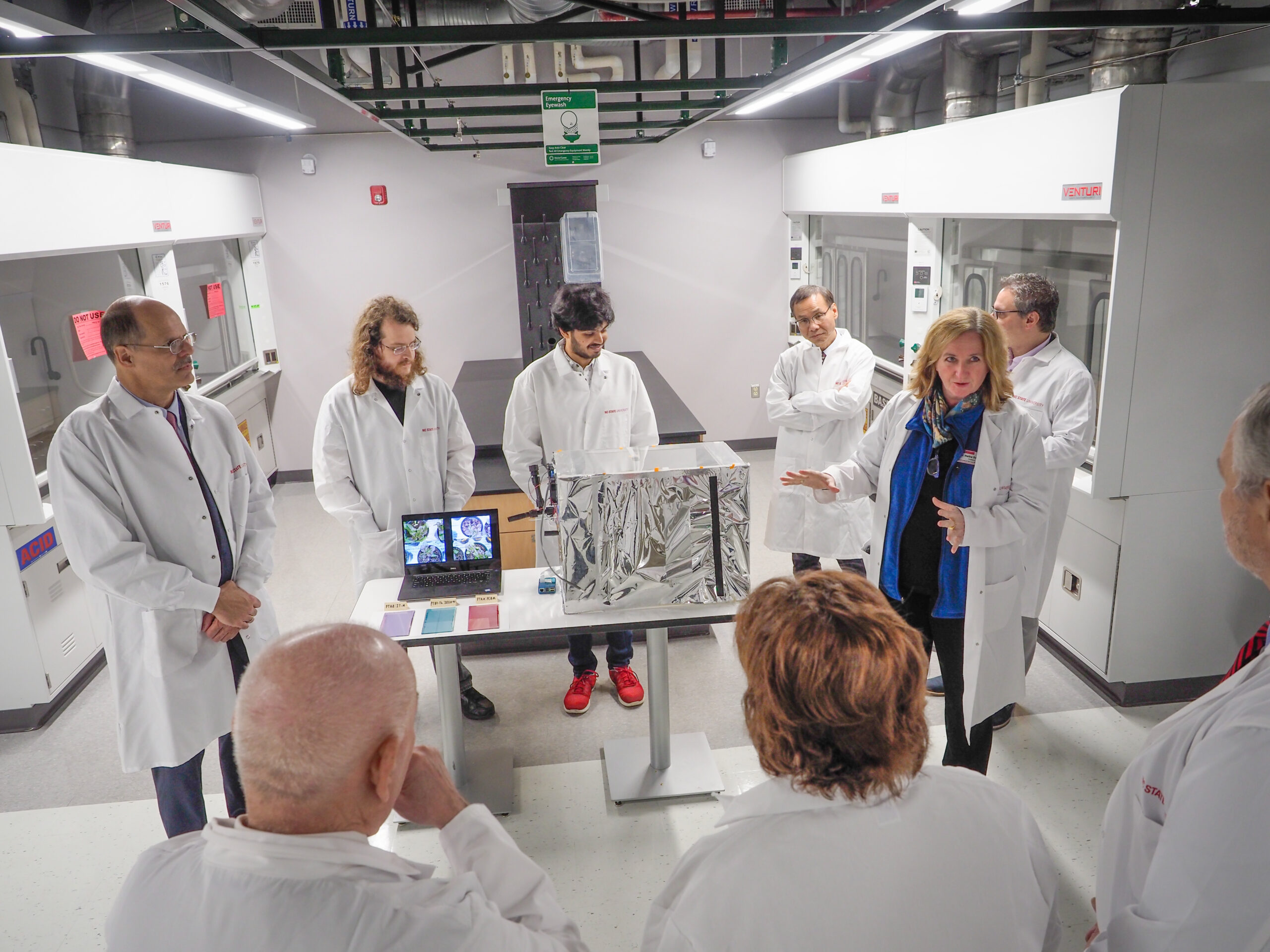Prof. Chris Giebink, from Penn State, Will Speak at an ORaCEL Seminar on April 10, 2018
Unusual concepts in organic photonics
Prof. Chris Giebink
Department of Electrical Engineering, The Pennsylvania State University, University Park, PA, 16802
Venue: Toxicology Auditorium 2104
Time: 11:00 AM.
Abstract
Organic polymers and small molecules provide a unique platform for many emerging photonic applications because they combine strong linear and nonlinear optical responses with enormous synthetic and processing freedom. This talk will focus on several recent examples from my group, beginning with the notion of parity-time symmetry in optics and how organic materials can be used to engineer unusual complex refractive index distributions that lead to unidirectional Bragg scattering and loss-induced transparency. The discussion will extend to engineering optical nonlinearity as well by creating an artificial second order susceptibility that stems from intermolecular charge transfer states at oriented donor-acceptor interfaces. A third example will focus on a new type of hybrid light-matter state that arises from strong coupling between light and radical cation optical excitations in a doped organic semiconductor film. Recent experiments demonstrating these charged polaron polaritons and exploring some of the interesting possibilities they offer for interfacing with electric fields and lowering the threshold for polariton lasing will be discussed.
 Biography: Chris Giebink is the Charles K. Etner Assistant Professor of Electrical Engineering at Penn State University. He received his Ph.D. in electrical engineering from Princeton University and holds undergraduate degrees in both Physics and Engineering Science from Trinity University (TX). His research interests focus broadly on optoelectronic and photonic devices, including applied research on solar photovoltaics, semiconductor lasers, and light emitting diodes. He holds 8 patents and is a recipient of the DARPA YFA, AFOSR YIP, and NSF CAREER awards.
Biography: Chris Giebink is the Charles K. Etner Assistant Professor of Electrical Engineering at Penn State University. He received his Ph.D. in electrical engineering from Princeton University and holds undergraduate degrees in both Physics and Engineering Science from Trinity University (TX). His research interests focus broadly on optoelectronic and photonic devices, including applied research on solar photovoltaics, semiconductor lasers, and light emitting diodes. He holds 8 patents and is a recipient of the DARPA YFA, AFOSR YIP, and NSF CAREER awards.


